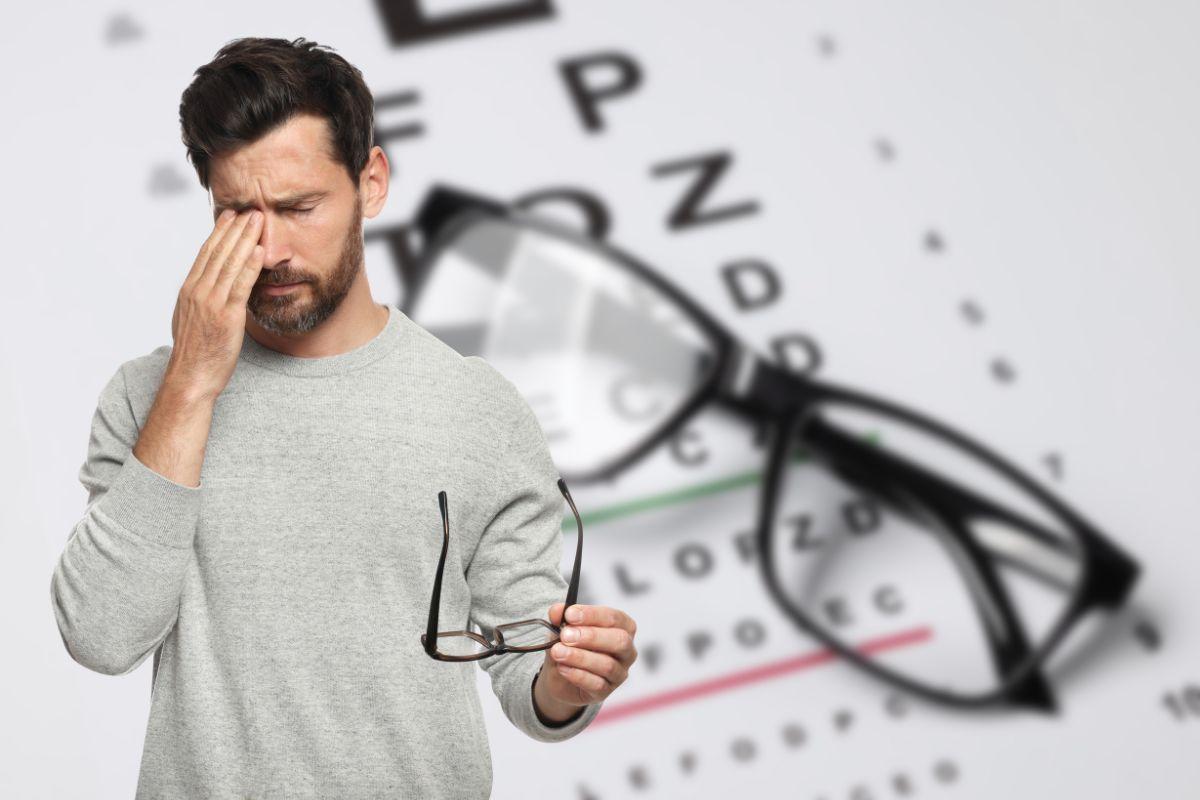Many people often take for granted a healthy vision until problems start to appear. Nevertheless, most causes of vision loss are preventable through good daily habits and regular eye exams. Ophthalmologists are experts in this area, if you are having vision problems please do not hesitate to make an appointment. Doctify connects patients with trusted ophthalmologists who can help detect and manage eye conditions early.
Why eye health matters
The eyes work as a camera, using the cornea and lens to focus light onto the retina, which converts it into electrical signals. These signals travel through the optic nerve to the brain, which interprets them as the images you see. The iris (the colored part) controls the size of the pupil to let in the right amount of light. The brain then processes these signals and turns them into the images we see.
Early detection of vision changes is crucial because many serious eye conditions, like glaucoma, macular degeneration, and diabetic retinopathy, can cause permanent vision loss if left untreated, often with no initial symptoms since they can develop silently. Catching these issues early allows for timely and more effective treatment, routine check-ups are very important to prevent avoidable sight loss.
Below are 10 tips to prevent vision loss and keep your eyes healthy every day.
Tip 1: Get regular eye exams
Regular eye exams detect problems early, often before symptoms appear. Adults should typically have a full eye test every 1–2 years (more often if diabetic or with a family history). Remember that early detection with early treatment leads to better outcomes.
Tip 2: Eat a vision-friendly diet
Healthy eating can slow age-related vision decline with the help of nutrients that protect the eyes, such as:
- Omega-3 fatty acids (salmon, flaxseed) for tear production and retina health.
- Vitamin A and lutein (leafy greens, carrots) for macular protection.
- Vitamin C and E for antioxidant support.
Tip 3: Protect eyes from UV Damage
UV rays contribute to cataracts and macular degeneration. We recommend wearing sunglasses with UV400 protection and wide-brimmed hats. This might sound very simple and insignificant, but it is one of the most effective prevention measures.
Tip 4: Manage screen time wisely
Digital strain is now one of the most common causes of eye discomfort. There is a 20-20-20 rule: every 20 minutes, look 20 feet away for 20 seconds. As well, adjust brightness, use anti-glare screens, and keep devices at eye level.
Tip 5: Don’t ignore dry eyes
Dryness can cause irritation and blurred vision. We recommend lubricating drops and staying hydrated. Also, avoid prolonged and direct exposure to your eyes to air-conditioning or smoke.
Tip 6: Quit smoking
Smoking accelerates damage to the optic nerve and increases risk of macular degeneration. Quitting smoking benefits not just the eyes but overall vascular health.
Tip 7: Monitor health conditions
Conditions like diabetes, hypertension, and high cholesterol affect eye blood vessels. It is very important to control these health conditions with a GP guidance to prevent long-term vision loss.
Tip 8: Prioritise eye safety
Always use protective eyewear for DIY, gardening, or contact sports, since even small injuries can cause lasting damage if untreated. If you have an injury, please contact a specialist.
Tip 9: Rest your eyes and sleep well
Adequate rest allows eyes to recover and prevents strain. Poor sleep quality and bad sleeping habits can worsen dryness and fatigue.
Tip 10: Stay alert to changes
Ignoring subtle symptoms like floaters, flashes, or blurred vision can be dangerous. A prompt action with an ophthalmologist can prevent permanent loss.
When to see an eye specialist
Please consult with an ophthalmologist if you have any of the following:
- Persistent redness, pain, or dryness.
- Unexplained light sensitivity.
- Sudden vision changes or vision loss.
- Constant feeling of having sore or irritated eyes.
Find verified ophthalmologists for timely care in Doctify.
Conclusion
Some eye conditions can develop silently or without initial symptoms, that’s why early detection and treatment of vision changes is crucial. Vision loss is preventable if you protect your eyesight by implementing simple daily habits and regular eye checks. Following the 10 tips to prevent vision loss and keep your eyes healthy every day can make a big difference. Don’t wait, act now! Book a routine eye exam through Doctify and keep your vision strong for years to come.
Find the right specialist for you. Doctify uses verified reviews so you can make the best decision for your healthcare.

Consult an ophthalmologist through Doctify for personalised advice whenever you want, we will be happy to help you! Find the best ophthalmologists in the United Kingdom or search for the best specialists globally:
- Ophthalmologists in the United Arab Emirates
- Ophthalmologist in Germany
- Ophthalmologist in Austria
- Ophthalmologist in Ireland
- Ophthalmologist in Australia
Medically Reviewed
Last reviewed on 17/11/2025




